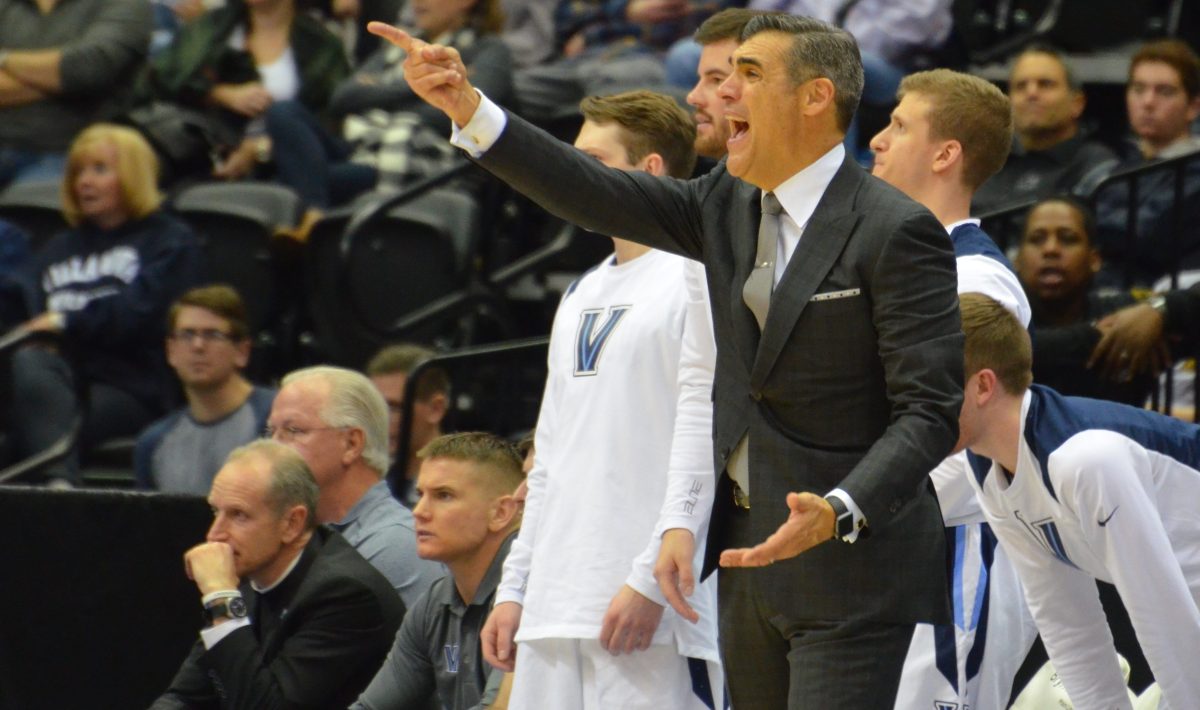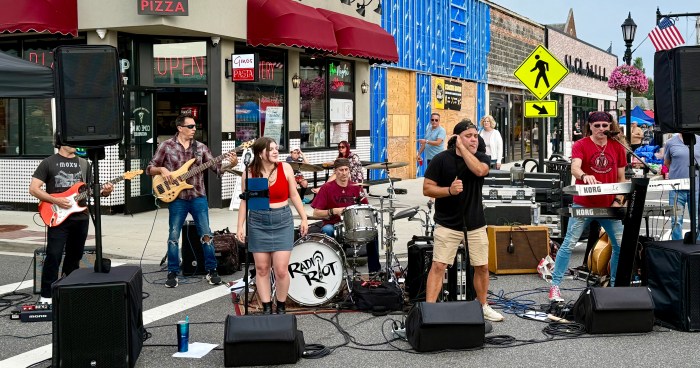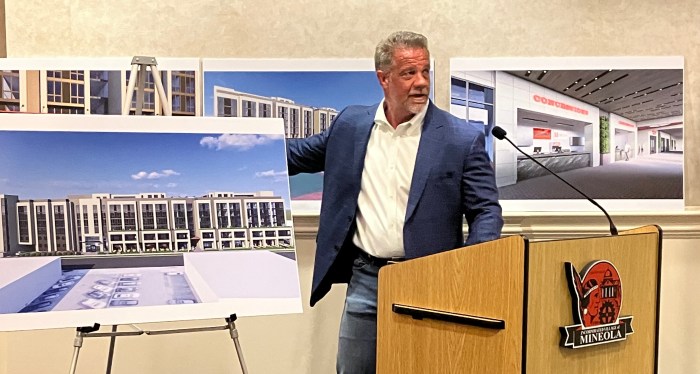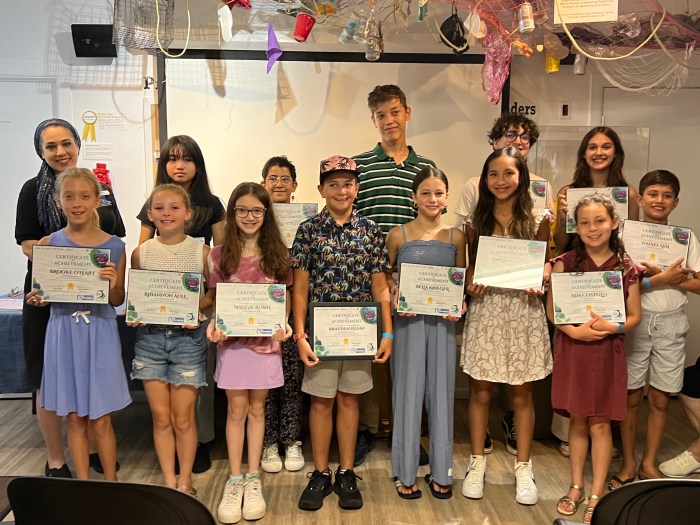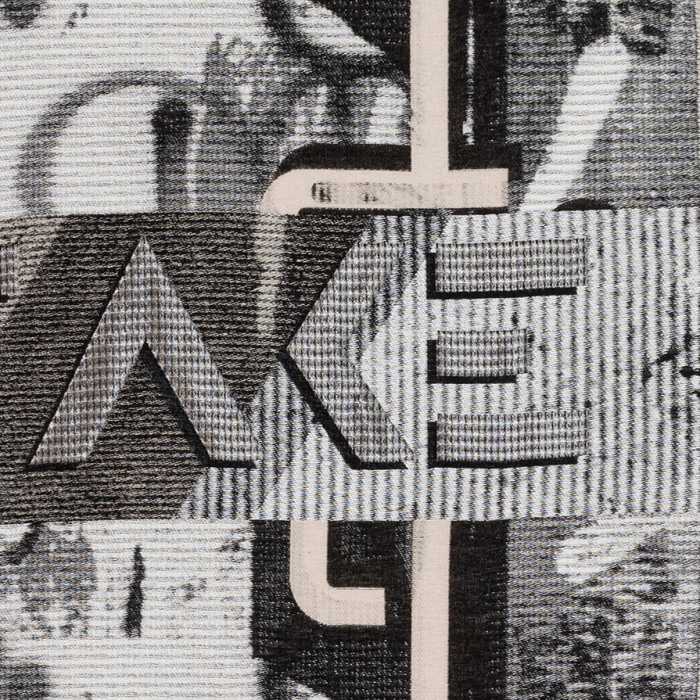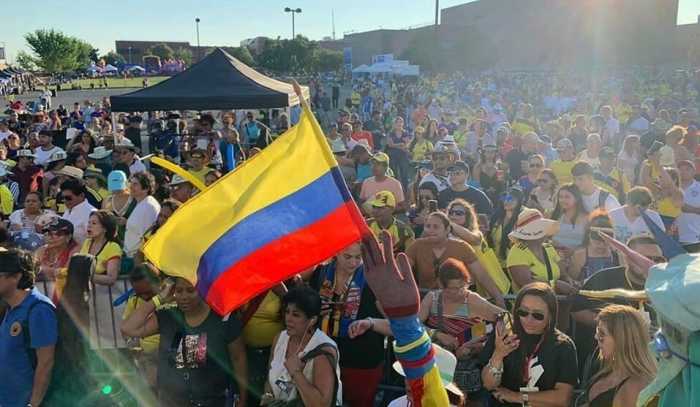Jay Wright was using words like strange and unusual as he prepared his top-ranked Villanova men’s basketball team to play against his beloved Hofstra, the school that gave him his first job as a head coach in 1994.
“I’m messed up on this one,” Wright said of his emotions following a 95-71 Villanova victory at the newly renovated Nassau Veterans Memorial Coliseum on Friday night. “I don’t want to beat Hofstra. I root for Hofstra.
“We watch Hofstra games and still follow the Hofstra scores,” he continued. “It was emotional. We don’t usually do that. It was unusual.”
It has been 16 years since Wright coached at Hofstra and his legacy continues to grow thanks to his historic tenure on Hempstead Turnpike. Wright was only at Hofstra from 1994 through 2001, but two American East Conference championships and two trips to the NCAA tournament later made Wright one of the top figures in university history.
He left Hofstra in 2001 for the same position at Villanova, where he has risen his profile as one of the premier coaches in the country having led the Wildcats to a national championship last year.
“He is one of the most impactful people in Hofstra athletic history,” said Stephen Gorchov, Hofstra’s associate director of athletic communications, then a basketball team manager when Wright was first hired. “To have him still come back and understand how important this is to him, he is a god-like figure at this university. He changed this university, not just the basketball program.”
Prior to the game, he and Hofstra coach Joe Mihalich, a fellow Philadelphia native, spoke to a group of Hofstra alumni supporters, something he would never ordinarily do with an opponent. After the game, he and his wife, Patty, stayed at the Garden City Hotel and planned on visiting friends in Rockville Centre, where he lived while coaching on Long Island.
Wright was content with staying at Hofstra, but the prospects of coaching at Villanova in his native Philadelphia were too strong.
“If he could have stayed at Hofstra the rest of his career, I’m sure he would have died a happy man,” said Mihalich.
He remembers the journey from the humble beginnings as a first-time head coach and the patient understanding from then-Hofstra president, Dr. James Shuart.
“The early struggles you look back on fondly,” he said. “It’s the tough times that you appreciate the most. We were not good in the beginning and I was not good as a head coach then. I could tell administration believed in us and they were adamant about that. It was a slow process to get it going. They knew I was a young, inexperienced coach and they kept pumping me up and supporting us.”
He remembers those joyous occasions too – like upsetting St. John’s the last time Hofstra played at Nassau Coliseum in December 2000 – because that taste of victory was sweet after taking over a program that was in need of new life following the retirement of coach Butch Van Breda Kolff.
The uncertainty and naiveté wore off quick. Hofstra was 31-51 in his first three seasons and 91-34 in his last four, evolving into one of the best mid-major schools in the country in relatively no time. Life was good in Hempstead.
“We were a big-time program,” Wright said proudly. “We were getting big time recruits; the arena was sold out and we got a lot of support from the athletic department and the president, Dr. Shuart. It was a fun time.”
Wright will forever be linked with Speedy Claxton, his star player on those championship teams who later went on to a successful career in the NBA and today serves as an assistant coach at his alma mater.
Most people call the Mack Sports Complex – Hofstra’s home court – the “House that Speedy Built,” but, “that building is probably not here without Jay,” said Gorchov. “The reason Speedy is here is because Jay Wright was here.”
Claxton described Wright as bringing a certain energy to the program, but had no idea almost 20 years ago that his college coach would be on track for a hall of fame career. He likened his nature to other famous coaches he played for in the pros, namely Larry Brown and Gregg Popovich.
“He’s Bill Self, he’s Jim Calhoun, he’s Jim Boeheim, he’s a hall of famer,” said Mihalich. “We need to enjoy him and watch him work. Just like his team, there is no weakness there. He’s the total package.”
Claxton agreed.
“To see what he built from scratch,” said Claxton, “this place was nothing when he took over. We worked every year and got better year in and year out until finally we won a championship. It was an unbelievable feeling because you know what this place was and what we came from.”
Even after the national championship, two Final Fours, three straight seasons of being ranked No. 1, and nearly 400 wins with the Wildcats, those days at Hofstra arena and the physical fitness center before that still reign supreme.
“I was probably more thrilled to win that first conference championship at Hofstra than I was to win the national championship at Villanova,” said Wright. “You’re a lot more mature. You have a lot more understanding of the big picture of college basketball.
“At that time, I was naïve and inexperienced,” he continued. “It was as much a shock to me as it was anybody else. I was along for the ride. I didn’t know what to expect. It was exhilarating and it was surreal.”
He had the same sentiment Friday night.




